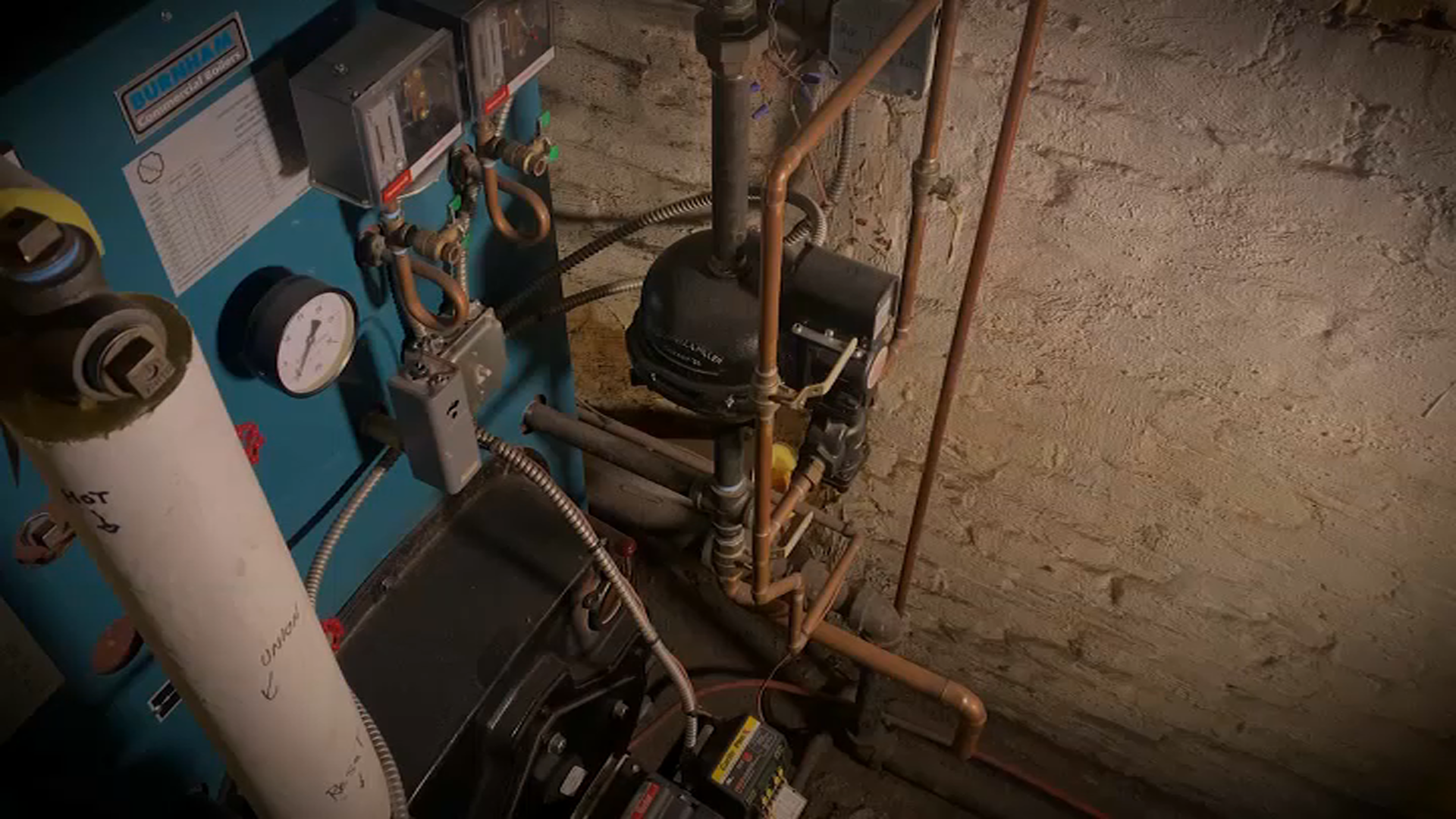
While it may not feel like winter, it’s about to get chilly. As the temperatures drop, you’ll see those heating bills rise — but it doesn’t have to take a huge bite out of your budget.
“A lot of people right now are struggling, and electricity bills just seem to keep going up and up and up,” said Kyle James, the founder of Rather-Be-Shopping.com, a website dedicated to sharing money saving hacks.
WATCH ANYTIME FOR FREE
Stream NBC10 Boston news for free, 24/7, wherever you are. |
Simple home improvements can make a big difference.
James said homeowners can start first by sealing leaks. Heat can escape through tiny gaps around windows and doors.
Get updates on what's happening in Boston to your inbox. Sign up for our News Headlines newsletter.
“That’s a really inexpensive way to keep the cold air out as much as you can,” James said. “[With] 10, 15 bucks, you can buy insulation tape, and you can put it around your doors and your windows. That's a great place to start.”
Smaller upgrades, like swapping out old, incandescent bulbs for LED lights and changing your air filter can help your heating system run more efficiently.
Make sure your air vents aren't being blocked by rugs or furniture. And if you haven’t used your ceiling fan since the summer – it’s time to switch them back on, but this time, have them go clockwise.
“At my house, we have a fireplace, and I have a ceiling fan above the fireplace. And by turning that fan on, it's amazing how you can get that hot air off the ceiling and down to the space in your house where you actually live,” James said.
Making your home more energy efficient can be costly, but there are several federal and state funded programs that can help pay for those upgrades.
President Joe Biden’s Inflation Reduction Act offers tax credits and rebates for any energy-efficient home improvements made between January 2023 and 2032.
“Say that if you're going to get a new heat pump to replace a furnace or you're going to upgrade your water heater to a heat pump water heater or convert your gas stove to electric one. Those rebates will be point of sale rebates, which means you apply for them,” said Kevin Brasler, executive editor at Consumers’ Checkbook. “And then when you get the work done, it's basically a discount off what you're paying. You don't have to wait months and months for someone to cut you a check.”
Massachusetts residents can double those savings. The state’s energy efficiency programs, Mass Save ranked top in the nation for over 10 years.
“There's lots of incentives available through the Mass Save program to do most of that work and get paid back for it,” said Brasler. “Things like sealing up leaks, things like improving the insulation in your attic -- the program will pay for almost all the costs, if not all the costs to do that work. And you'll see big savings down the road from doing it.”
If you or somebody you know is struggling to pay their energy or utility bills this winter, Massachusetts offers several programs to help mitigate those costs.
Residents can also visit the Department of Energy Resources for more information about shut-off protections and consumer rights.



